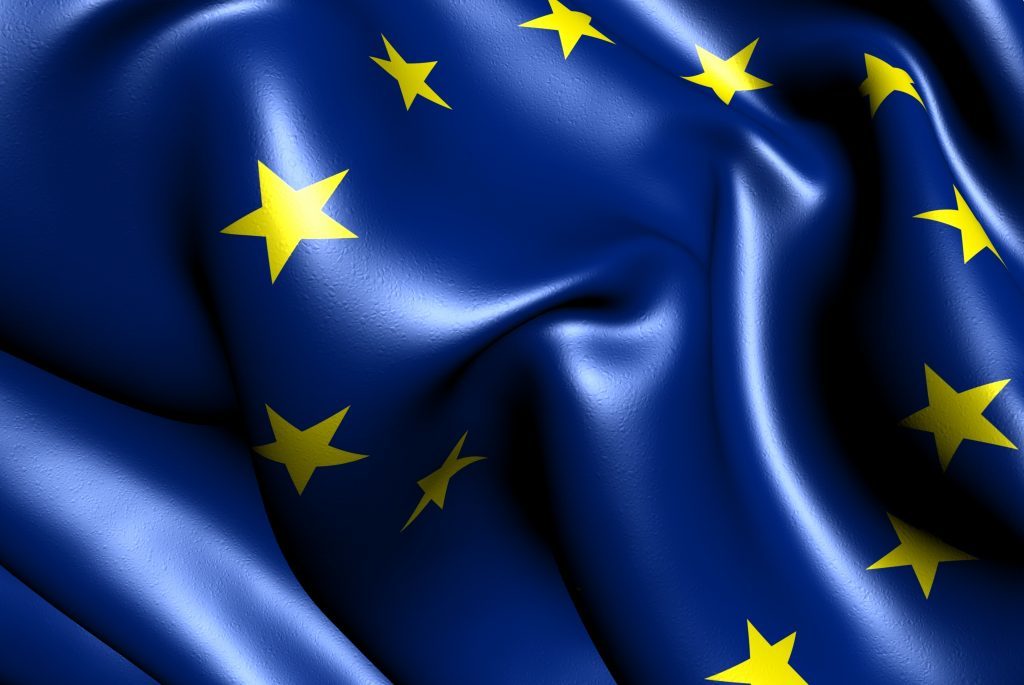
The UK economy would suffer from falling income and higher costs if Brexit stifles free trade with the European Union (EU), according to a Bank of England policymaker.
Ben Broadbent said a sharp drop in trade with the 27-nation block would see the UK haul in less money from services exports and face rising costs as the nation replaces EU imports with UK-made products.
In a speech at the Scottish Council for Development and Industry in Aberdeen, the Bank’s Deputy Governor Monetary Policy said: “Put simply, a significant curtailment of trade with Europe would force the UK to shift away from producing the things it’s been relatively good at, and therefore tends to export to the EU, and towards the things it currently imports and is relatively less good at.”
However, Mr Broadbent gave no clues on his view on monetary policy despite recent comments from Bank Governor Mark Carney hinting that interest rates could rise.
Mr Carney said at the end of last month that “some removal of monetary stimulus is likely to become necessary”, but would depend on whether an increase in business spending could counter the slowdown in consumer consumption triggered by rising inflation.
Three out of eight Monetary Policy Committee (MPC) members – Ian McCafferty, Kirsten Forbes and Michael Saunders – unexpectedly voted to raise rates to 0.5% earlier this month from their record low of 0.25%, due to concerns over soaring inflation, raising the spectre of a rise in borrowing costs.
The pound slipped on the news, turning negative after having been up earlier in the session.
Sterling was down 0.1% against the dollar at 1.28 and 0.1% down versus the euro at 1.12.